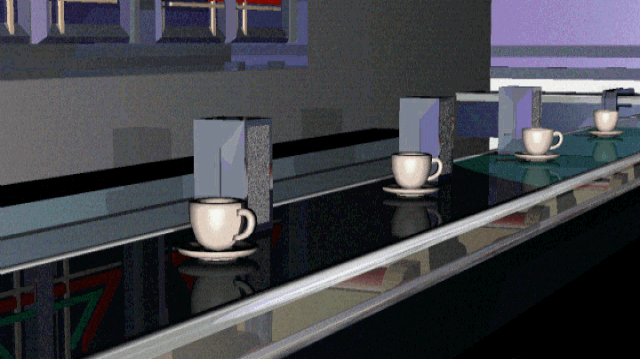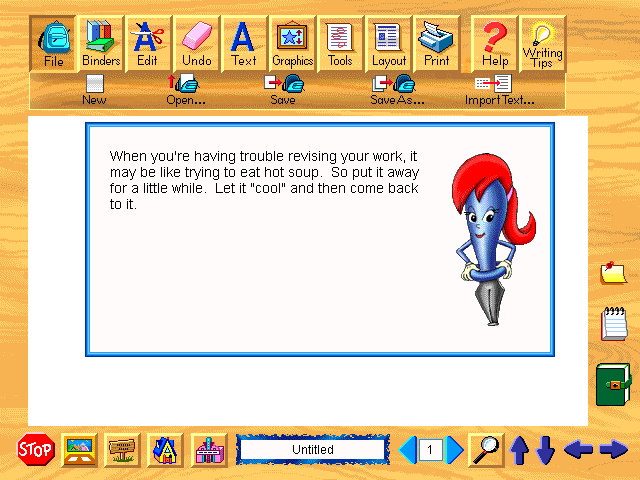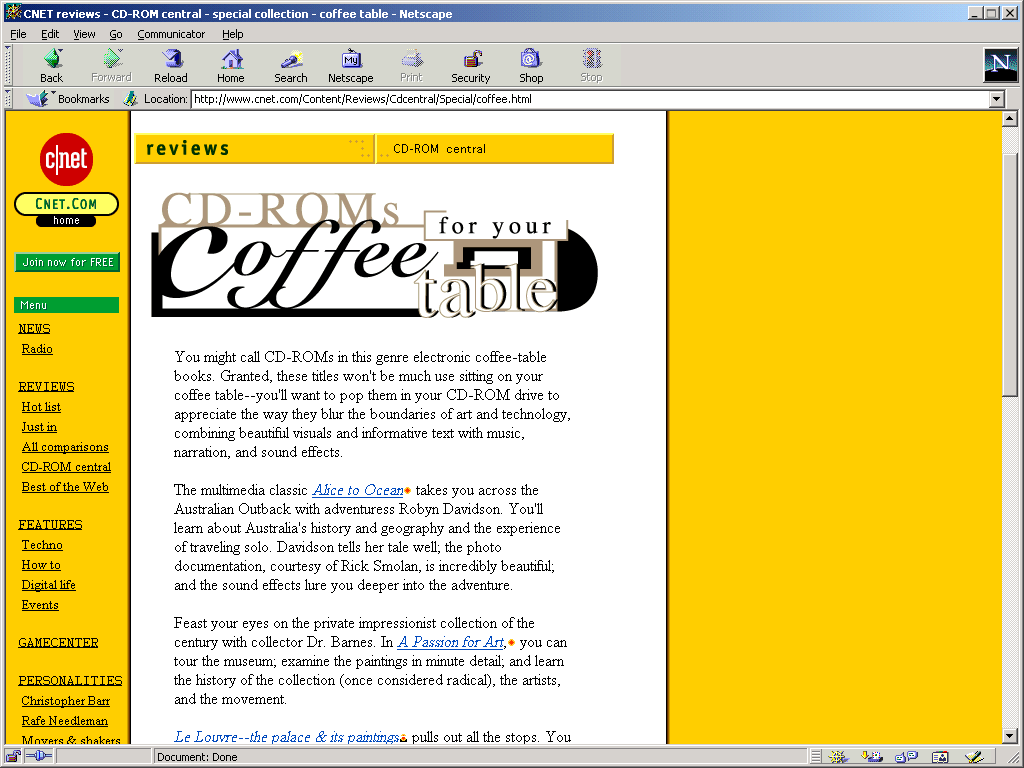Welcome to Macintosh Week 


Today kicks off Macintosh Week on The Obscuritory! May 13th is the anniversary of the release of Apple’s System 7 operating system, which added color to the Macintosh interface. It’s an arbitrary holiday and good enough reason to do a special week.
Through May 19th, the blog will have this novelty Mac theme, lovingly named Clarus after the unofficial Mac mascot Clarus the Dogcow. I’m planning two Macintosh posts on here and will be sharing more Mac-related content on the Obscuritory Tumblr. Follow along on both!
Like the Galapagos Islands, the Macintosh gaming ecosystem evolved independently. The Mac kindled a unique, silly community willing to experiment and play with the platform’s quirks, like its high resolution, early support for color graphics and multimedia, and the first widely available computer mouse. Coincidentally, this week the gaming podcast Retronauts released an episode about the early years of the Macintosh if you want to hear more about early Mac history. (And stay tuned for Richard Moss’s book next year!)
Thanks to a rising focus on Mac games in the past few years, there are more resources than ever for helping you play them. As always, check out the Resources pages for a guide on how to set up Mac emulators and places to discover Mac games. You can also now try early black-and-white Macintosh games and software through the Internet Archive’s collections. For a taste of Mac peculiarity, I recommend trying out The Lawn Zapper, a lawn mower game by Imperial Software.
UPDATE: Whoops… the second article I planned for Macintosh Week ended up having an incorrect premise, so I’m choosing not to publish it. Sorry!






